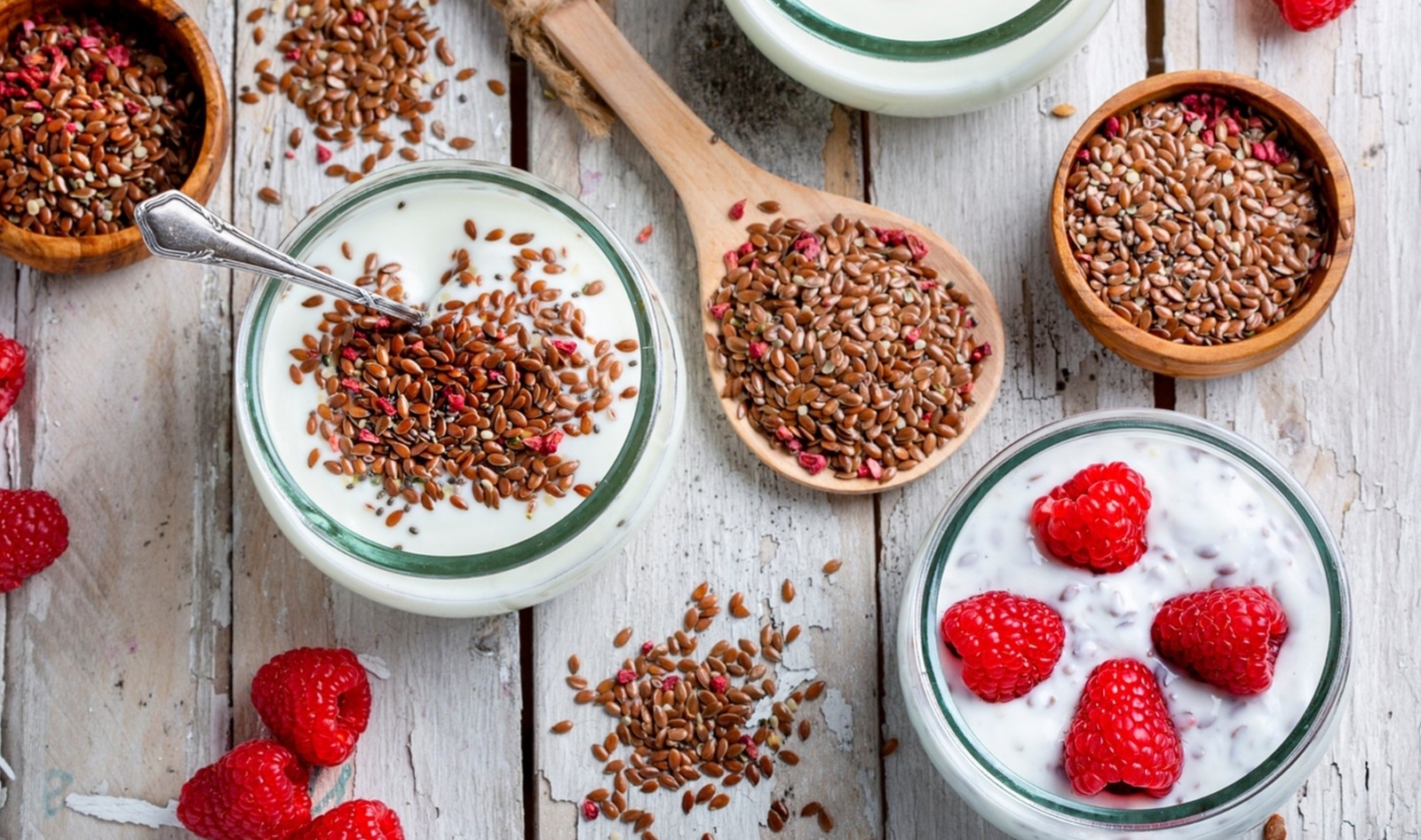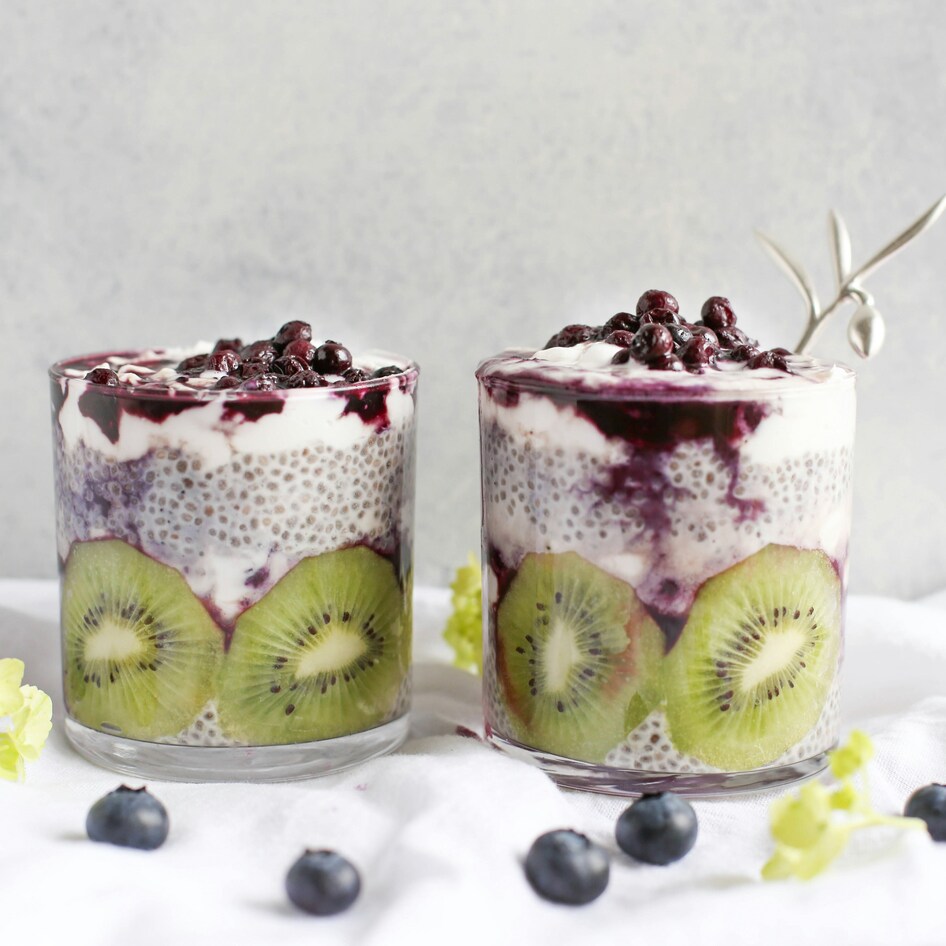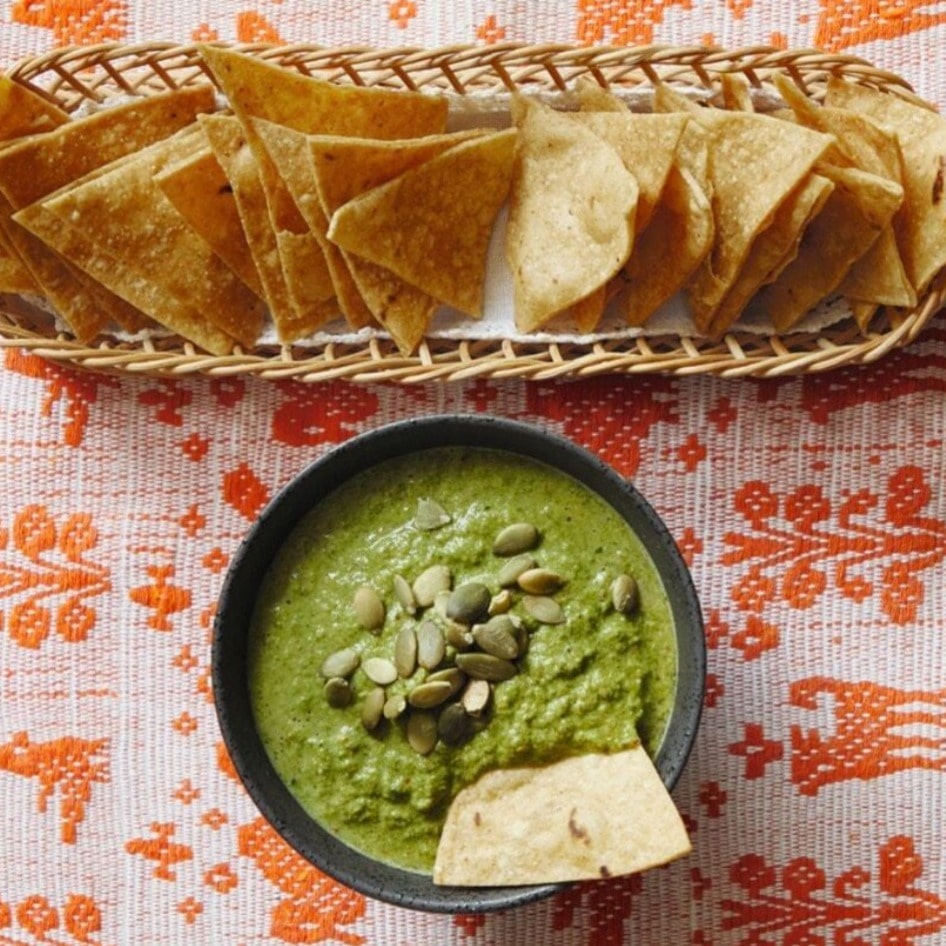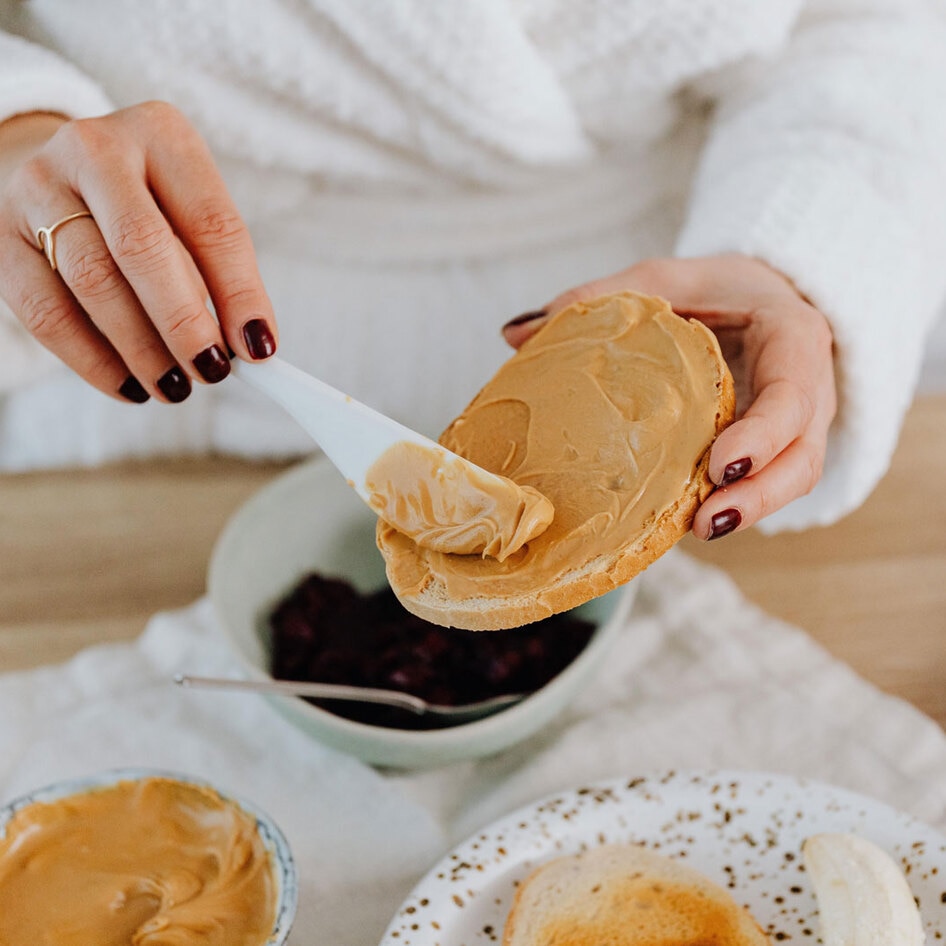Beauty influencers have hailed flaxseed for its hair, skin, and body benefits. But one trend is particularly attention-grabbing: flaxseed botox. Firstly, to clarify, nobody is actually injecting flaxseed into their face (so you can breathe a sigh of relief). Instead, videos with millions of views are demonstrating the benefits of using a flaxseed face mask—so quite a bit more tame than a needle. But does it really work? It turns out that just adding a few more seeds to your diet might be a better choice.
What is flaxseed botox? And does it work?
TikTokers have been applying a mix of flaxseeds and water to their skin, claiming that it’s “basically nature’s Botox.” However, experts aren’t buying that this natural alternative can really compete with Botox.
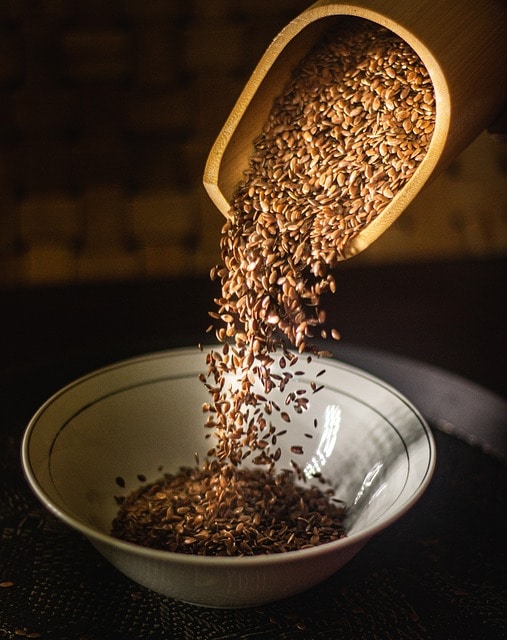 Pixabay
Pixabay
Botox is a neurotoxin produced by the bacterium Clostridium botulinum, which is injected in small, controlled doses to temporarily paralyze or weaken muscles. This reduces the appearance of fine lines and wrinkles—hence why it’s a popular cosmetic procedure.
Sophie Shotter, who is the medical director and founder of Illuminate Skin and Wellness Clinics, told Glamour that it’s likely just the feeling of the flaxseed gel mask tightening that firms the skin temporarily. “[Botox] stops nerves from communicating with muscles, which, in turn, creates a relaxation of the muscle that lasts several months,” she explained. “Flaxseeds do not contain this crucial toxin.”
That said, flaxseed really can benefit your skin. But most experts agree that those benefits come when you add them to your diet.
The potential skin-boosting benefits of flaxseed
Flaxseed is one of the best plant-based sources of omega-3 essential fatty acids. In fact, one tablespoon contains nearly two grams of the nutrient. Research suggests that diets high in omega-3 can help support skin health. This is because, when ingested, omega-3 may be able to reduce inflammation in the body, which is the root cause of skin conditions like acne, for example.
Research suggests omega-3 may also help tackle other skin conditions, like atopic dermatitis and psoriasis, by supporting the health of the skin barrier (the outermost protective layer of the skin).
BECOME A VEGNEWS VIP: Get exclusive product deals, freebies, and perks galore!
Tori Vasko, MS, RD, CNSC, a dietitian, writer, and recipe developer for Easy Chickpeasy, says flaxseed may also help increase your skin’s moisture. “Studies have linked flaxseed oil supplementation with significant decreases in skin sensitivity and transepidermal water loss, which is the loss of water from the outermost layers of your skin,” she told VegNews. “Decreasing that water loss leaves your skin more plump and hydrated. It’s like a moisturizer but from the inside.”
Vasko also noted that flaxseed is a good source of fiber. The nutrient is beneficial for gut health, but it may also help the body absorb skin-supporting nutrients, like vitamin C, for example. Flaxseed also contains protein and very high amounts of lignans, according to Vasko. The latter is known for its antioxidant properties.
Following a skin-healthy diet
It’s not just flaxseed that is associated with good skin health. In 2023, one study suggested that eating more black and pinto beans may also help due to their anti-inflammatory and antioxidant benefits.
“We found the black beans had high quantities of anthocyanin, in particular delphinidin, petunidin, and malvidin glucosides, which have antioxidative properties,” David Fonseca Hernández, lead author of the paper, said in a statement. “The pinto beans had the highest total content of phenolic compounds and showed great potential for inhibiting enzymes that contribute to inflammation.”
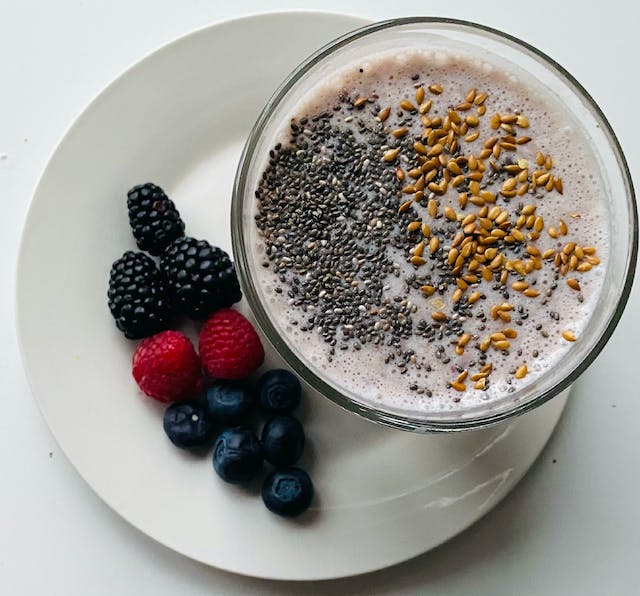 Pexels
Pexels
And according to Vasko, there are plenty more plant-based foods that could help give your skin a boost. “While studies are limited, there is promising research to suggest that consuming a diet high in fruits and veggies can lead to a more radiant glow,” she noted. “Cruciferous veggies, like broccoli and cauliflower, can reduce DNA damage to the skin, and olive oil can assist in wound healing.”
For more plant-based foods that may help to give you radiant, healthy skin, check out our list here. And for more on the (many) health benefits of flaxseeds (and tasty vegan recipes!), find our guide here.
For more on nutrition, read:
JUMP TO ... Latest News | Recipes | Guides | Health | Subscribe

